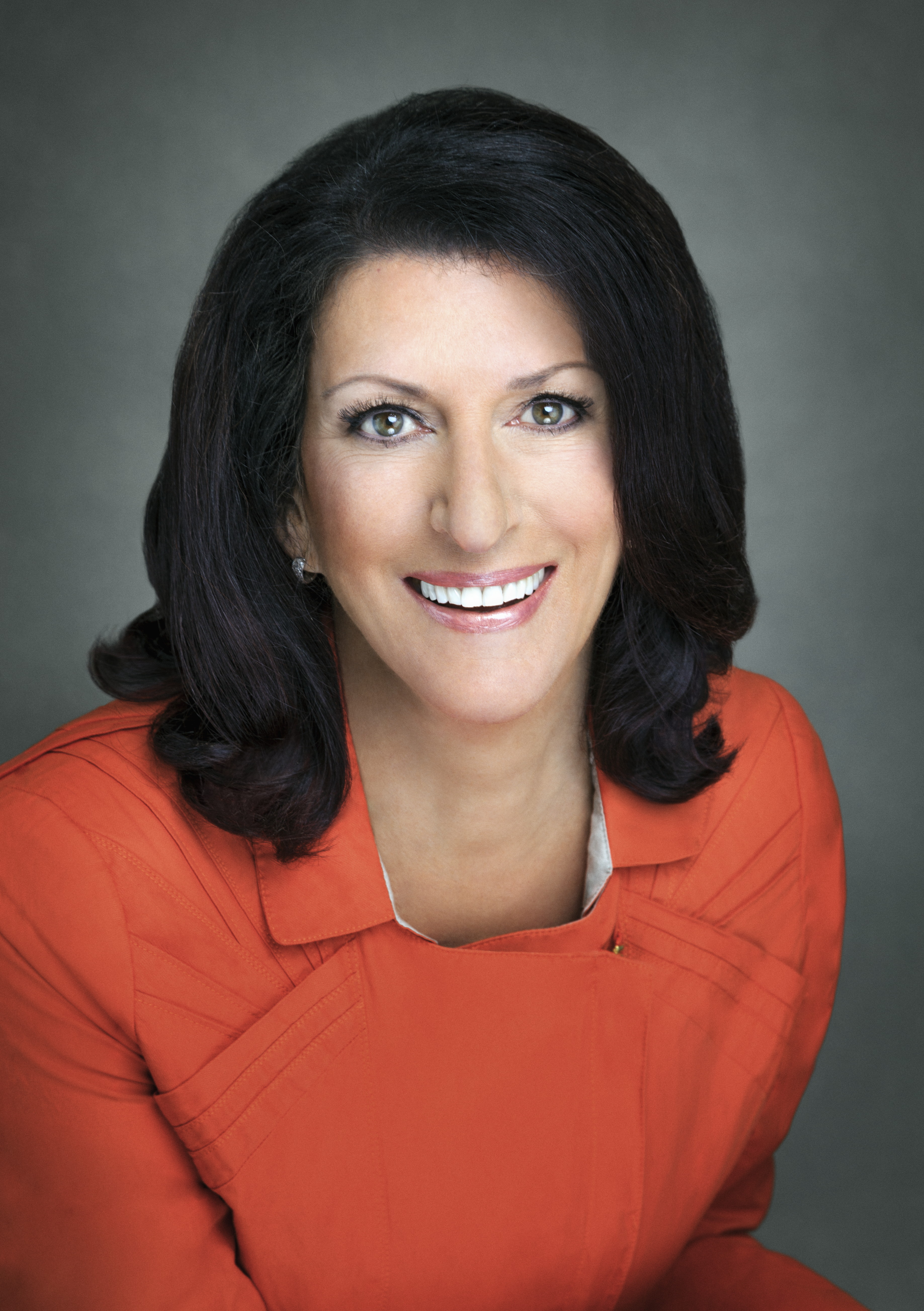Late last year, we published an Impact Report, Managers & Mentors: Their Vital Role in Advancing Female Talent, detailing the findings of our surveys of talented women, their managers and their mentors. In all, over 7500 individuals from top organizations were surveyed to assess how relationships with managers and mentors are impacting the development and advancement of women in Fortune 1000 and other major corporations.
Based on the surveys, and our ongoing involvement with major organizations, we see major action steps needed to increase female representation at the highest organizational level. First, managers need to provide the same specific developmental feedback to women as they do to men, and the relationship between women and their managers is arguably the most significant factor in women advancing to top leadership roles.
In addition, our surveys of over 5,000 high-potential women and their managers showed how in some cases these relationships help, and in others thwart, the advancement of female talent.
We have found that managers, especially male managers, tend to believe the development and support of women in their organizations is more robust than the women themselves believe.
The Mentor / Mentee Relationship:
With over 2500 high-potential women and their mentors surveyed, the research shows that women are less likely to forge the relationships that advance their careers than their male colleagues. They often stay stuck, especially early in their careers, in the misguided notion that hard work alone will get them to leadership roles.
Our findings point to the importance of productive mentoring relationships, not just for the mentees, but for mentors and organizations. Specifically:
When women act intentionally to develop mentoring relationships with males and act on the knowledge and insights they gain from these relationships, they are significantly more likely to advance their careers. Of course, women benefit from having both male and female mentors. An additional benefit is that male leaders who mentor gain greater insight and empathy into the challenge’s women face in advancing their careers. In fact, male mentors reported that mentoring relationship made them more adept at providing needed feedback, at better supporting the development of their female team members and at championing talented women in their organization.
For women, having a male mentor is important as it helps women understand the organization, which are often male- created cultures. However, just looking for a male mentor is not enough for women. Even more important, women should identify mentors who have a different background than theirs. For example, if a woman is in operations, she may benefit from having a mentor whose background in sales or marketing. This helps women understand how individuals in these different functions view the business, interprets the challenges, etc. This insight is critical as women progress, as it informs how they can influence others and build alignment.
It’s also important to look beyond “having chemistry” – women often seek mentors who they have chemistry with – which can be interpreted as they are comfortable. It is important to consider that learning and comfort rarely happen at the same time. If you are too comfortable with your mentor, you may not be learning and growing. Seek out mentors who challenge your thinking, challenge your goals as they push you to aim higher, think bigger.
The bottom line is that women need to create a “board of directors” that are a group of various individuals, men and women, with diverse backgrounds and perspective. A woman’s board should help fill in her gaps in knowledge, organizational dynamics and perspective. The composition of the board should evolve over time as a woman career advances, and including male mentors will help broaden a woman’s perspective, help them learn beyond their area of expertise and help them see beyond the barriers to their advancement.

Rosina L. Racioppi | President & CEO
www.women-unlimited.com

